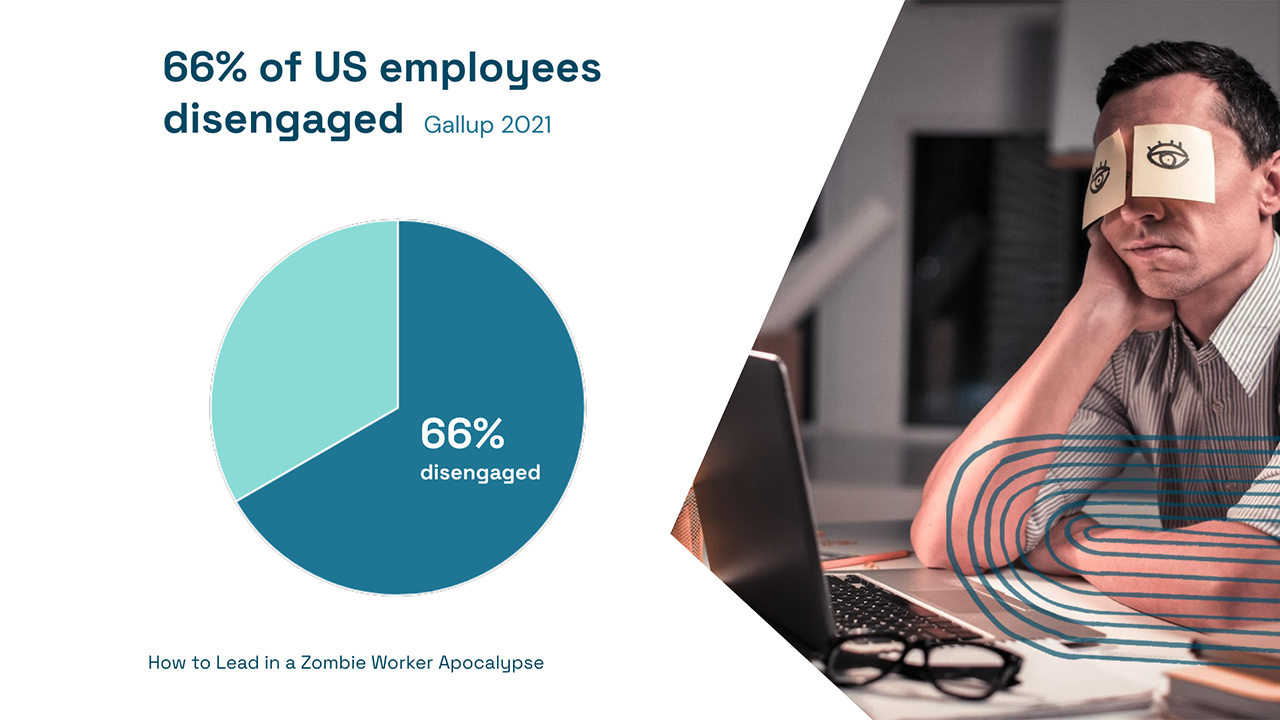Thank you! Your submission has been received!
Oops! Something went wrong while submitting the form.
Resources
Good leaders are learning all the time. Welcome to our ever-evolving hub of insights and information that can help you stay on top of your leadership game. We regularly add articles, videos and podcasts here, so check back often. Or better yet, subscribe and we’ll let you know when there’s something new to learn.
View by Topic
Trending
Our most recent and popular resources.
Dial in your approach to critical conversations.
Our Accountability Dial Mini Course puts the power of accountability to work for you.
Leadership Mindset
Learn how to think like a leader. And lead like one.
Coaching Others
Become the Yoda you wish you’d had.
Driving Alignment
Discover new and different ways to get everyone on the same page.
Accountability Conversations
Get comfortable with uncomfortable—but critical—conversations.
Team Happiness
Discover how to consistently reach your goals—together.
PODCASTS
Listen to our point of view.
Subscribe
1-2 emails a month with our latest free resources.
By subscribing you agree to our Privacy Policy and provide consent to receive updates from our company.





























































